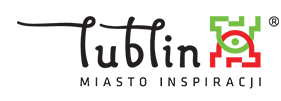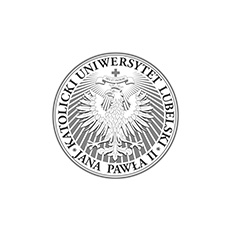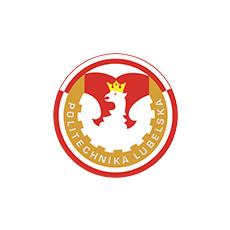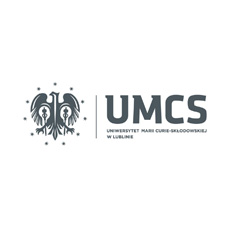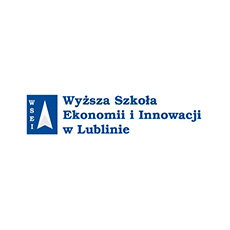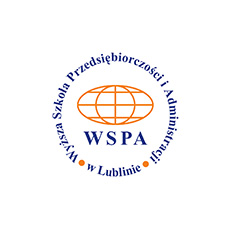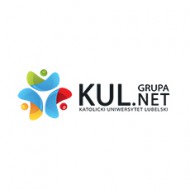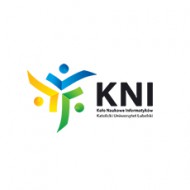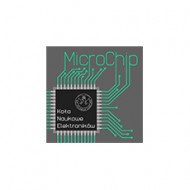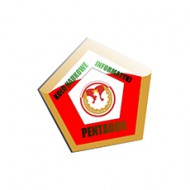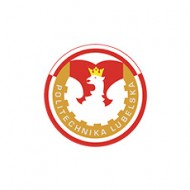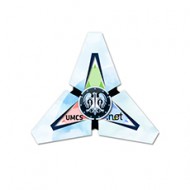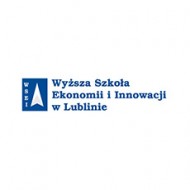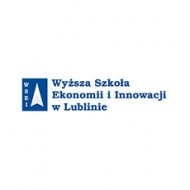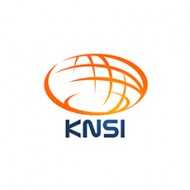Choosing the right course is a tough nut to crack for high school graduates. Lublin, which is often called an academic city, offers a number of universities and courses.
Universities
The John Paul II Catholic University of Lublin
Lublin University of Technology
Maria Curie-Sklodowska University
University of Economics and Innovation
Course of studies
Detailed information can be found at: student.lublin.eu
Students research groups
Young people are often in doubt about where to gain their first professional experience and which career path to choose. Joining a research group would be a good idea. Higher education institutions in Lublin provide multiple groups to students, in which they can get new experience and useful skills.
KUL.NET Group
It’s been operating since 2007 in the Faculty of Mathematics, IT and Landscape Architecture of the John Paul II Catholic University in Lublin. The primary focus is spreading knowledge of the .NET platform and .NET-based technologies among students as well as integrating the academic community with business.
Junior.NET Lublin KUL
The main objective of this group is to spread knowledge of .NET platform among secondary school learners. During the meetings of the group, universal applications for Windows 8 and Windows Phone 8 are developed in the c# language. Each year, the group members organise Junior IT Day KUL, promote the .NET platform, and take part in organising IT Days in Lublin (ldi.org.pl).
The Research Group of KUL IT Specialists (KNI KUL)
This Group was formed upon the request of students of Mathematics in 1999. Since the beginning, the group has been broadening students’ horizons in computer since as a whole, with special focus on programming. At present, members of the group closely cooperate with the members of the KUL.NET Group. The most important event planned by both groups is the annual conference held under the name ‘IT Days in Lublin’.
.NET Group of the Lublin University of Technology
The primary focus of the group is on technologies developed by Microsoft, with whom the group closely cooperates. The group organises lectures on career in IT. It meets every Tuesday at 6:00 PM. At present, the group offers two training paths. One of them is a course, in C# programming for beginners. The second path covers advanced aspects of developing an application, group work and personal development.
AnimGRAF Research Group of Engineering Graphics and Computer Animation
nimGRAF is a research group formed by students of the Lublin University of Technology. If you want to develop your skills and interests in engineering graphics and computer animation, this group is perfect for you! Members of this group organise meetings and cooperate with members of other research groups and school learners. Students can improve their skills in using such software as AutoCAD, Autodesk Inventor, 3ds Max. You may contact the group via email: pasnikowskamagdalena@gmail.com
MicroChip Electronic Engineers’ Research Group
PENTAGON (KNIP) IT Research Group
The group has been working since 1993. Its main objective is to study new technologies by designing games. The group uses the Augmented Reality technology and 3D graphics to design an augmented reality application. Members of the group meet every Thursday at 8:00 PM in s111 laboratory in the IT Institute building.
InfoNaBi Research Group of application of IT in business and science
The group was formed in 2010. It consists of students of ETI and other courses. Members of the group support future graduates who will be looking for a job in business and education. Additionally, by cooperating actively with IT industrial centres, this group organises IT practical training placements.
Umcs.NET Group & IT Specialists Student Research Group
The UMCS groups create remarkable, coherent, and unbelievable society. Members of both groups meet every day and conceive up-to-date activities in accordance with the concept of making the world a better place. In this large society based on the vast range of activities, you will definitely find something for yourself.
FLEX Students’ Research Group
NETSEC student research group
TOOLS & NUMERICS Student Research Group
WSEIX Students’ Research Group
The works of WSEIX involved preparation of a Ubuntu 14.04 LTS installation CD image, which is tailored to scientific and academic activities undertaken in this institution. A dedicated set of additional packages, a logo, and a set of wallpapers have been prepared. Consequently, WSEI Free has been created and installed in all laboratories.
Scientific Circle of Computer Science Students DevNull
The main aim of the club is to broaden practical and theoretical knowledge, to share acquired knowledge, experience and passions. Students do not stick strictly to the fields of computer science, which immediately come to mind: programming, systems or computer networks, but also its derivatives such as graphics, robotics and electronics.
